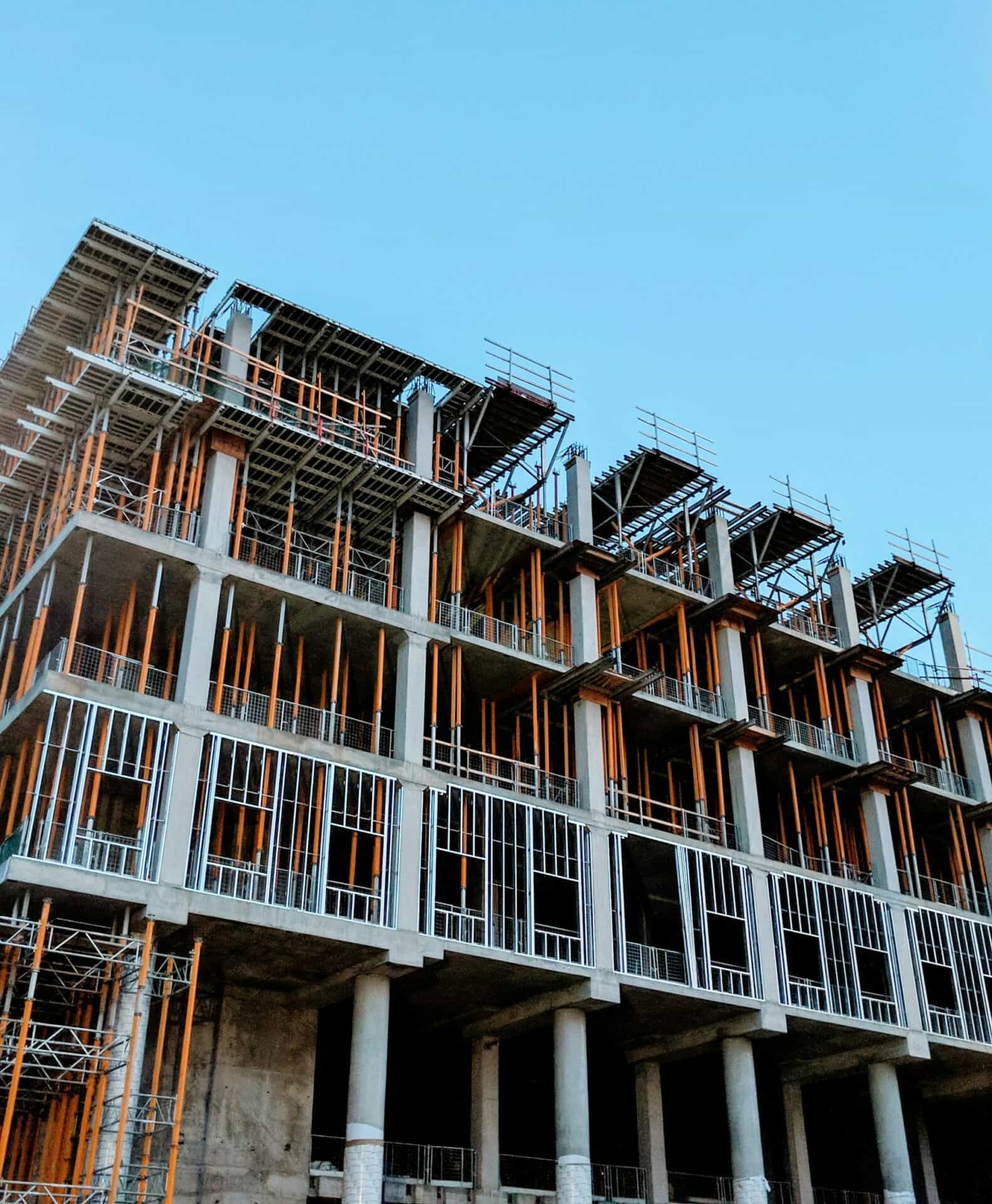As a property investor, understanding the nuances of the Australian taxation system is key to maximising the potential of your investments.
Overlooking certain areas could mean missing out on substantial tax deductions, impacting the profitability of your portfolio, such as deductions related to strata title fees or body corporate fees.
In this blog post, we’ll delve deep into the intricacies of strata titles, the fees they entail, and how these can influence your tax return.
What are Strata Titles?
A strata title is a property law concept designed specifically for multi-level apartment blocks and horizontal subdivisions with shared areas. The term ‘strata’ itself refers to the multiple levels, or ‘strata’ of the property.
When you buy into a strata scheme, you’re purchasing your individual lot (such as an apartment) and also gaining shared ownership in the common property, which includes areas like gardens, lifts, stairwells, passageways, and other depreciating assets.
What Does a Body Corporate Do?
Under the strata title legislation, every scheme has a body corporate, also known as the owners corporation. This body corporate is constituted by all the lot owners within the strata scheme.
The primary role of the body corporate is to manage and maintain the common property on behalf of the owners. This involves activities such as coordinating regular maintenance, arranging necessary repairs, and setting the fees required from the owners to fund these activities.
How Much Are Your Body Corporate Fees?
The strata fees, often referred to as body corporate fees, vary based on the specific needs and expenses of the strata scheme. These fees are decided by the body corporate and are used to cover property management fees and the cost of improving the shared spaces within the property.

Can Rental Property Owners Claim a Tax Deduction for Strata Title Fees?
Property investors can claim a deduction for strata title fees to reduce the tax they pay on their rental income. However, the nature of the deductions depends on what the fees are allocated to.
To understand this better, let’s examine the differences between immediate tax deductions and capital works deductions.
Immediate vs Capital Works Investment Property Tax Deductions
Immediate tax deductions relate to expenses that can be deducted in full in the financial year in which they occur. When it comes to body corporate fees, these often include payments made towards administrative funds.
These funds cover regular, day-to-day expenses to maintain and manage the strata property, such as insurance premiums, garden maintenance, and management of the body corporate itself.
For example, let’s say Max owns a unit in a strata building that he rents out to Lisa. His body corporate fee is $2,800 annually, which covers the upkeep of the building’s shared spaces. In this case, Max can claim the entire $2,800 as an immediate deduction on his income tax return.
However, capital works deductions are a different story.
What are Capital Works?
Capital works refer to construction expenditures or any improvements or alterations to an asset. In a strata property, these are large-scale, often one-off expenses related to improving or repairing the property’s shared areas.
These are not regular expenses and usually involve significant costs. They might include items like renovations, a complete replacement of a common area, or significant upgrades to facilities.
Certain strata title fees paid towards this capital expenditure can’t be immediately deducted in the financial year they’re incurred. Payments to a special-purpose fund, designed to cover a significant expense not included in ongoing contributions to a general-purpose fund, fall into this category.
Take Anna, another unit owner in Max’s building.
The body corporate found that the shared swimming pool needed substantial repairs, and they asked each unit owner to contribute $12,000 to a special purpose fund for this. While Anna can claim an immediate deduction for her regular body corporate fees, she can’t claim the $12,000 as an immediate deduction.
This expense falls under capital works and can be claimed as a capital works deduction over several years once the repair work is complete.

How Do You Claim Capital Works Deductions?
When it comes to claiming capital works deductions, having a thorough investment property depreciation schedule prepared by a qualified quantity surveyor becomes invaluable.
A depreciation schedule is a comprehensive report that outlines the depreciation allowances you’re entitled to claim. For capital works deductions, this typically includes the construction costs of the building itself and any structural improvements, claimed at a rate of 2.5% per year over a 40-year period for properties built after 1985.
The role of a quantity surveyor, a professional with expert knowledge in construction costs and taxation law, is critical in preparing an accurate and maximised depreciation schedule. They inspect the property to identify and value all relevant assets and capital works, ensuring no potential deduction is overlooked.
It’s worth mentioning that the cost of obtaining a depreciation schedule from a quantity surveyor is itself tax deductible.
Key Takeaways
Understanding the workings of strata title fees and the role of a body corporate is crucial for rental property owners. Although many of these fees can be claimed as immediate deductions, some, particularly those related to capital works, can only be deducted over several years.
It’s advisable to consult with a quantity surveyor or a tax specialist to navigate these complexities and ensure you’re maximising your tax deductions. Remember, informed investors are successful investors.
Ready to make the most of your property investment?
Don’t navigate the complexities of strata title fees and capital works deductions alone. Let Duo Tax’s team of expert quantity surveyors guide you.
We’ll prepare a detailed depreciation schedule, ensuring you claim every dollar you’re entitled to, maximise your tax deductions, and boost your returns.
Contact Duo Tax today to get started!

Ready to get started?
Talk to one of our friendly property experts to get a free quote or more Information.










